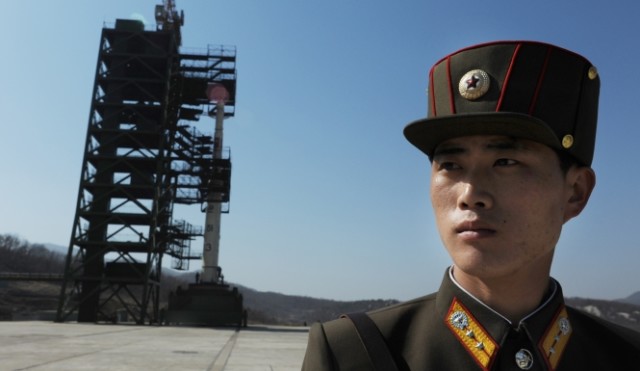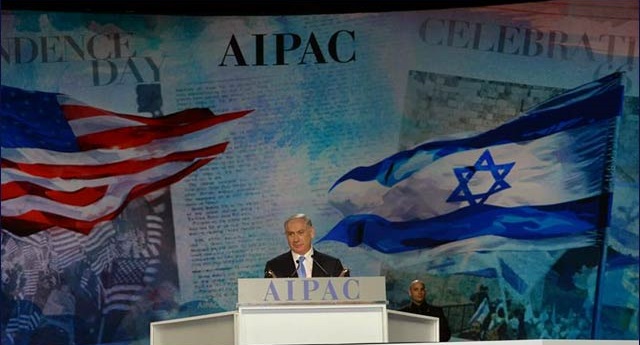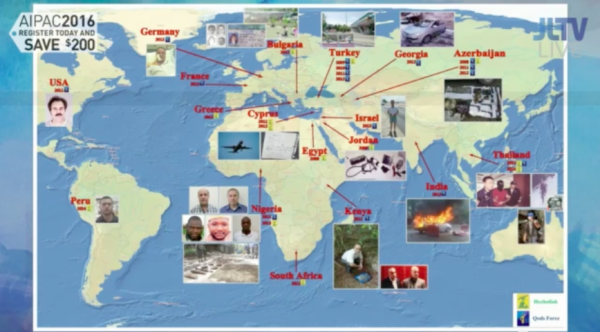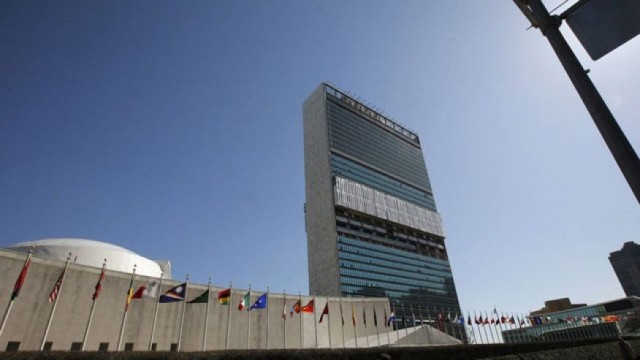Is the North Korean Satellite Launch a Game Changer?
FoxNews reported these developments following the success of North Korea’s satellite launching confirmed by the Pentagon:
We’ve been able to determine that they were able to put a satellite or some space device into orbit,” Pentagon spokesman Peter Cook said.
He said the Pentagon will, in light of this, begin “formal consultations” with South Korea over improvements to their own missile defense systems.
“We’d like to see this move as quickly as possible, but we’re beginning the consultations now in the coming days with the South Koreans and we expect that this will move in an expeditious fashion,” Cook said.
The U.S. and other world powers have condemned the launch of a long-range rocket, describing it as a banned test of ballistic missile technology.
At an emergency meeting Sunday of the U.N. Security Council which includes the U.S., all 15 council members approved a statement condemning the launch and pledging to “expeditiously” adopt a new resolution with “significant” new sanctions.
U.S. Ambassador to the U.N. Samantha Power said a new U.N. resolution targeting North Korea over its rocket launch and recent nuclear test must be adopted very quickly and include “unprecedented measures” that its leader, Kim Jong Un, doesn’t expect.
The United States and China have been trying to agree on a new sanctions resolution since North Korea conducted a nuclear test on Jan. 6.
Gordon Chang in a Fox News interview said the North Korean satellite launch is something to worry about. Chang is a veteran North Korea and China analyst, Forbes columnist author of Nuclear Showdown: North Korea Takes On the World. He said the Hermit State “demonstrated the mastery of missile technology.” He was referring to the three stage Unha-3 space vehicle launcher (SLV) that successfully placed a satellite in orbit. Chang further commented that the North Koreans demonstrated they have the means to successfully develop a true ICBM. An ICBM , as we wrote in an NER/Iconoclast post, yesterday, that both North Korea and its ready customer Iran could use at attack both coasts of this country. Where yesterday, we posted the news of the North Korean satellite launch with the question“is this a game changer?” Chang’s comments and the reaction from the Obama White House suggest maybe it is. US UN Ambassador Samantha Power, called it a missile launch because the SVL and a true ICBM she shared the same technology. That meant in the Administration’s view the successful satellite launch violated UN sanctions against missile testing. However, given the track record will the UN Security Council do anything about this latest North Korean action?
Chang holds that sanctions don’t work with North Korea. Instead He suggested that we might control the aid to North Korea endeavoring to separate the people from the autocratic ruling Kim family. He also suggested that South Korea move 143 companies out of the Kaesong industrial shared with North Korea. He noted that after the January 6, 2016 nuclear test, no further sanctions were proposed at the UN because China would effectively block them. China he pointed out does a fair amount of banking with North Korea.
The success of the North Korean orbit prompted GOP hopeful Texas Senator Cruz at Saturday night’s to raise the question of whether we should pre-emptive attack North Korea’s missile launches. Ironic, as this proposal was suggested by the current Administration Secretary of Defense Ashton Carter and former Clinton Pentagon Chief William Perry, a decade ago.
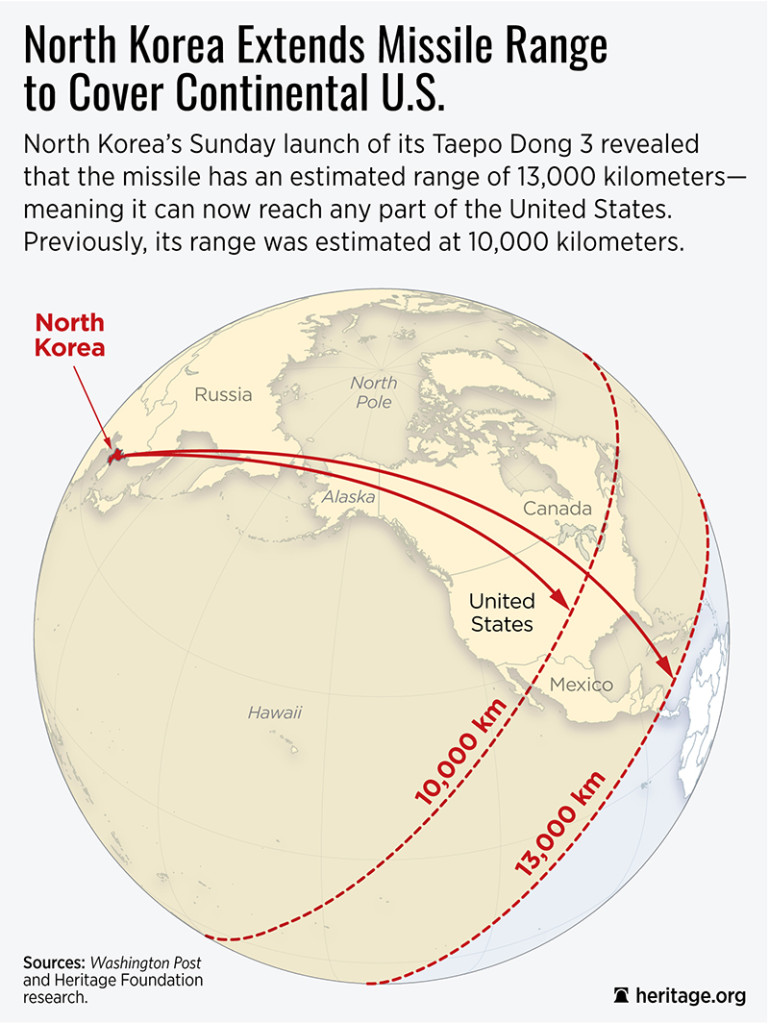
The Administration is scrambling now that the Pentagon confirmed that the North Koreans successfully launched a satellite. Launched in a southerly direction, the 200kg.observational satellite is in polar orbit. That means it passes over the US every 95 minutes, perhaps providing imagery and GPS coordinates for possible later use. Yesterday, it missed the window of opportunity, by an hour, to pass over the stadium for 50th Super Bowl Championship game with tens of thousands of fans intent on watching the Denver Broncos beat the North Carolina Panthers for the title.
The Pentagon is talking about providing South Korea with Theater High Altitude Air Defense (THAAD) system to complete the shorter range missile defense umbrella that the Republic of Korea has in place.
As we said on the Sunday Lisa Benson Show yesterday “it’s great that the U.S. has THAAD and ship borne X band radar floating in the Pacific and both ship and shore based Aegis installations in Eastern Europe (Romania) protecting us from missiles fired towards the East Coast. However, we have nothing in place to provide missile defense our vulnerable Gulf of Mexico coast.” Ambassador Hank Cooper, the Reagan era SDI chief, warned about the absence of Aegis missile defense installations on our Gulf coast in November 2015 and most recently in a Feb.2, 2016 High Frontier alert. He argues that that our ballistic missile defense shield on the Gulf coast lacks the means to combat the threat of a possible North Korean bomb in a satellite (Fractal Orbital Bomb) or missiles launched from either ships in the Gulf or those silos that allegedly Iran has been building in the Paraguana Peninsula in Venezuela. Ex- CIA director R. James Woolsey and Dr. Peter Pry discussed in a July 2015 article the threat from FOBS that could trigger an Electronic Magnetic Pulse (EMP) effect over the US sending us back to the dark ages of the 19th Century before the advent of electricity.
This issue came up in the ABC GOP New Hampshire debates, Saturday night. Sen. Cruz raised the matter of a preemptive attack against a future North Korean ICBM launch during those debates. We may have had a hand in prompting it. A twitter rally was held last week by the Nation Security Task Force of America (NSTFA) of the Lisa Benson Show on the missile defense issue. The twitter rally sent out messages at the rate of 400 an hour, one of which caught the attention of a South Carolinian with a close connection to the Senator’s campaign staff. Another NSTFA twitter rally is on deck this Thursday night on the same issue.
The irony is the preemptive attack proposal originated a decade ago in 2006 in a Time Magazine article co authored by then Deputy Defense Secretary Ashton Carter, now Pentagon Chief and former Clinton Pentagon chief William Perry. Four nuclear and several space launches and missile tests later, we have a President whose response is to hold more UN sanctions talks with China at the UN that North Korea continually violates.
Meanwhile the North Korean satellite launch coupled with the January 6, 2016 nuclear test exposes the vulnerability of the US to possible missile attack by rogue regimes like North Korea and ally Iran. The lack of a Ballistic Missile Defense demonstrated by this latest successful North Korean satellite launch now vaults the issue to the top of national security issues along with Islamic terrorism for serious discussion in the 2016 Presidential campaign.
Watch, the Fox News report with the Chang interview:
RELATED ARTICLE: In One Graphic, What Countries North Korea’s New Missile Could Hit
EDITORS NOTE: This column originally appeared in the New English Review.

